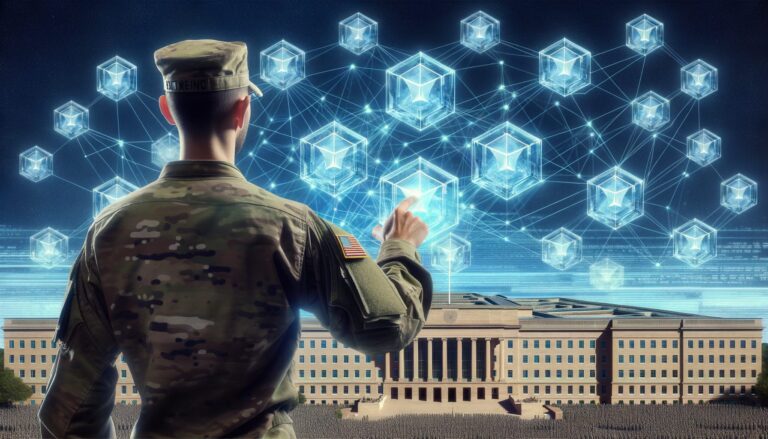In a world where digital security is crucial for everything from banking to military operations, there’s always the question: Can encryption really be cracked? Well, China recently made headlines, with some claiming their researchers had broken encryption with quantum computing. But, according to popular tech YouTuber “Mental Outlaw,” we’re not quite there yet, and that’s a relief—for now.
What’s Going On?
Researchers at Shanghai University reportedly cracked some encryption, specifically using a quantum computer. That sounds like a huge deal, right? Encryption is what keeps our online data safe—whether it’s for cryptocurrencies, banking, or military communications. But don’t freak out just yet. Here’s why:
- The Power of Quantum Computers: Quantum computers are special. They don’t work like the computers you’re familiar with. Instead of regular bits (like ones and zeros), they use something called quantum bits or qubits. These qubits can process massive amounts of information at once, which is why people are worried about them breaking encryption. But here’s the catch: quantum computers are extremely limited right now. They need to operate at crazy cold temperatures—we’re talking -200°C to -270°C—just to function. Imagine having a machine that needs to be that cold to work properly!
- What Was Cracked?: The Chinese quantum computer managed to break a 22-bit key. But here’s the problem: modern encryption standards are way stronger. For example, most RSA encryption keys range between 2048 to 4096 bits. To put that in perspective, a classical computer once cracked an 892-bit key—and it took the equivalent of 2,700 years of computer processing time to do it! A 22-bit key? That’s not even close to threatening today’s standards.
- Quantum Computers Aren’t There Yet: Most of the computing power in a quantum computer isn’t even used to solve problems—it’s used for error correction. That means only a small part of its power is actually working on cracking encryption. This makes quantum computers far from a threat to current encryption methods… for now. However, tech is progressing fast, so this might not always be the case.
Why Does It Matter?
This breakthrough may not seem dangerous right now, but we need to understand that quantum computing is advancing quickly. Mental Outlaw points out that, while this particular research isn’t a big deal today, quantum computers are improving faster than we expected. In the near future, they could very well break the encryption systems that protect our most important information.
Already, major tech companies like HSBC, IBM, and even Apple are racing to create quantum-resistant encryption. They know that if quantum computers advance enough, our current security systems could become obsolete overnight. Apple, for example, has already updated iMessage to be quantum-resistant.
Key Words to Remember:
- Quantum Computing: A type of computing that uses qubits to process complex problems faster than classical computers.
- Encryption: A way of coding information to protect it from unauthorized access.
- RSA Encryption: A widely used encryption standard in everything from banking to military communications.
- Post-Quantum Cryptography: New types of encryption designed to be resistant to quantum computers.
- Qubits: The building blocks of quantum computers, which can process more information than regular computer bits.
Why Should You Care?
Understanding these concepts is critical because the future of online security—and even cryptocurrency—depends on them. If you want to be a part of the crypto or tech world, you’ll need to stay informed about quantum computing and encryption. Today’s encryption may be safe, but tomorrow’s quantum computers could change everything. Companies are already preparing for this, and as someone interested in trading, investing, or tech, this is something you should watch closely.
The takeaway? Quantum computing hasn’t cracked encryption yet—but the race to stay ahead of it is heating up. Stay tuned, because this tech revolution could impact everything from your personal data to global security.



